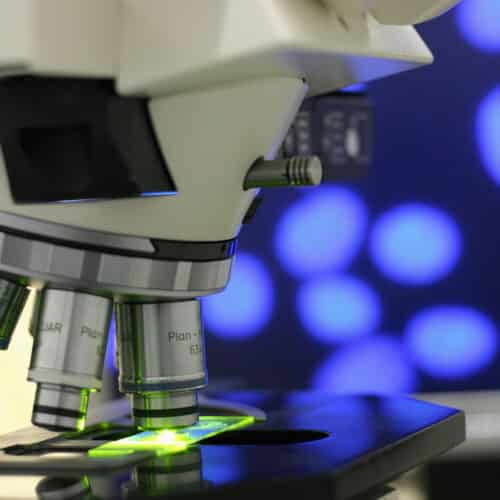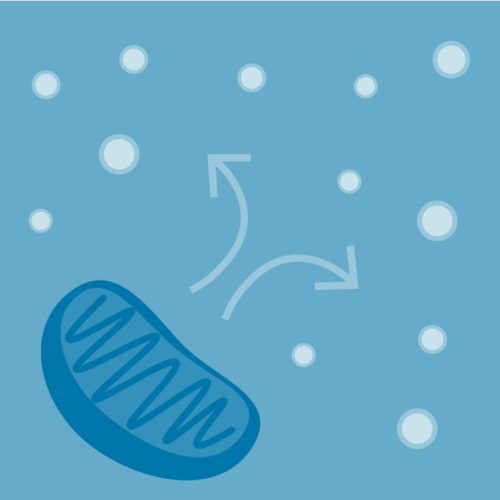UDCA and Parkinson’s
UDCA – the history behind this promising drug for Parkinson’s
UDCA (ursodeoxycholic acid, or ursodiol) is a natural bile acid that was approved as a drug in the late 1980’s. It is used to dissolve gallstones and treat a form of liver disease called cirrhosis.
A decade after its approval, researchers looking at its action in cirrhosis found that UDCA has a beneficial effect on mitochondria – the small energy processing parts within cells [1]. This has the knock-on effect of preventing liver cells from self-destructing . More recently, scientists in Korea found UDCA exerted similar effects in nerve cells that had been exposed to a toxin [2], to mimic Parkinson’s.
Meanwhile, researchers in Sheffield hit upon UDCA via a different route [3]. Professor Oliver Bandmann and colleagues screened a library of 2,000 compounds specifically for their impact on the faulty mitochondrial processes seen in Parkinson’s. They tested all the compounds in cells of people with Parkinson’s and discovered that UDCA appeared to rescue mitochondria function and normalise the energy levels in the cells.
This finding was then replicated in a further study [4], which also affects mitochondria. A similar effect has also been seen in animal models [5] with induced Parkinson’s – here UDCA also appeared to have anti-inflammatory properties which helped cells to survive.





